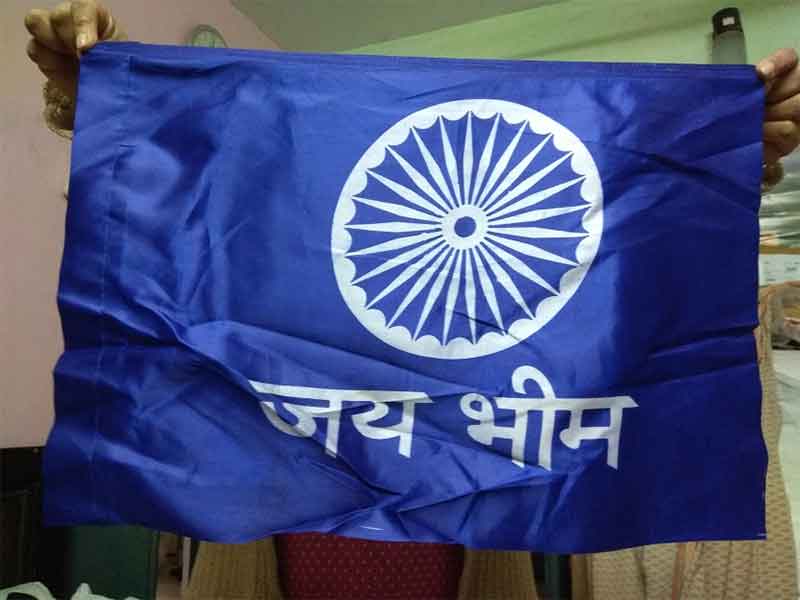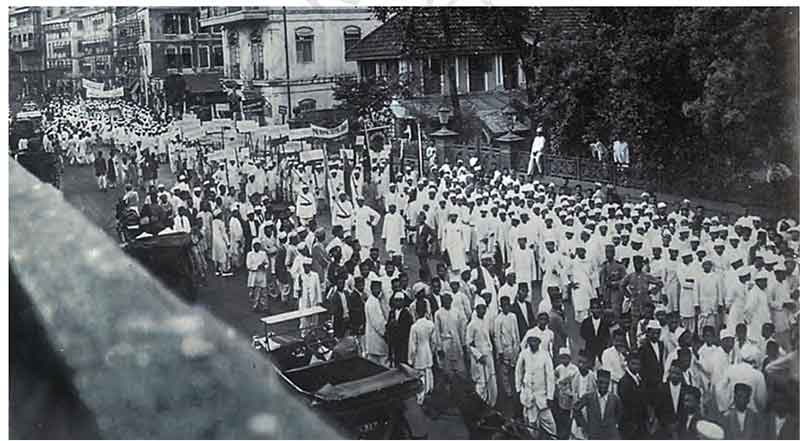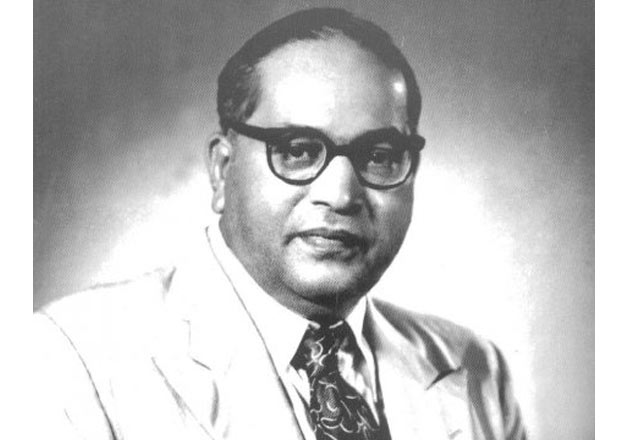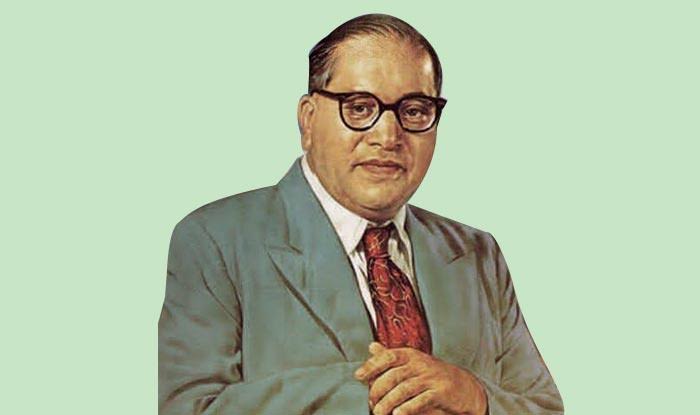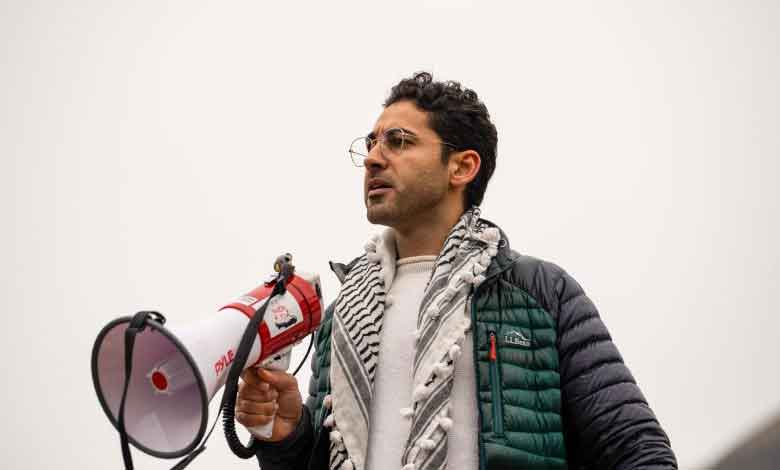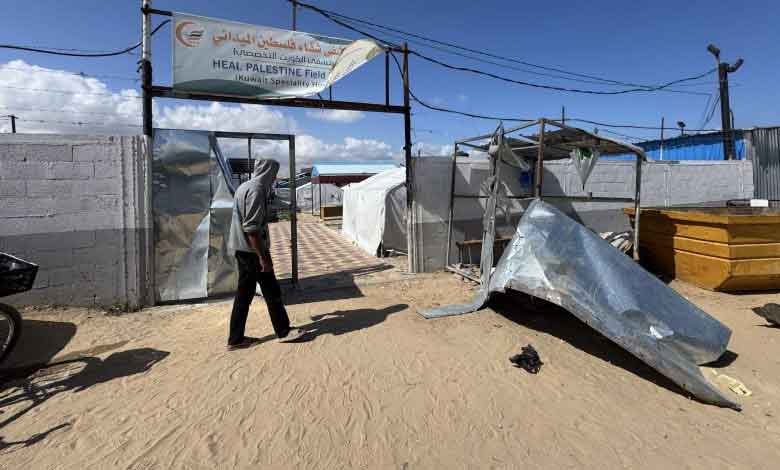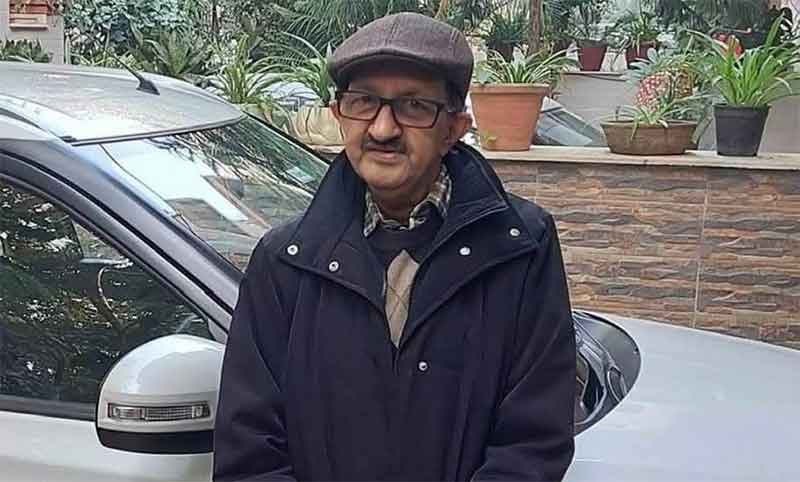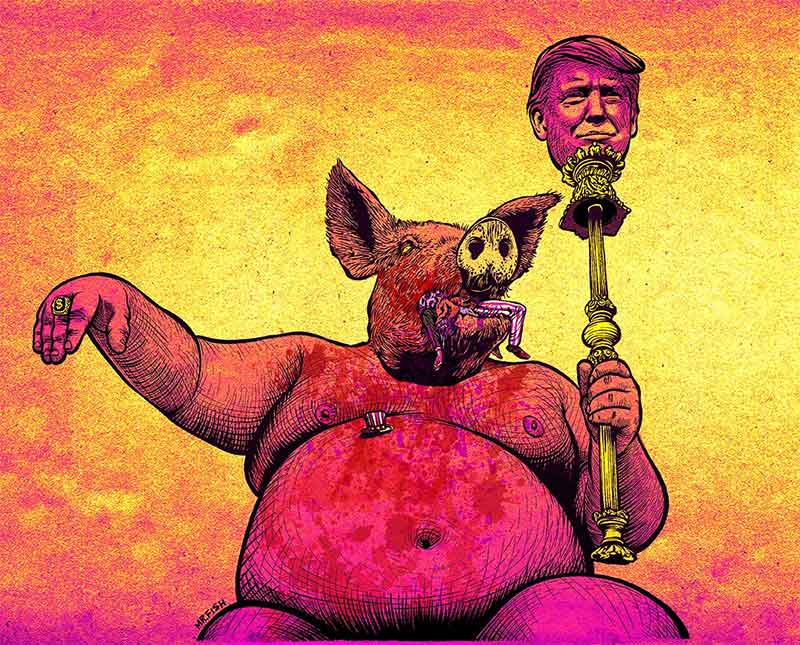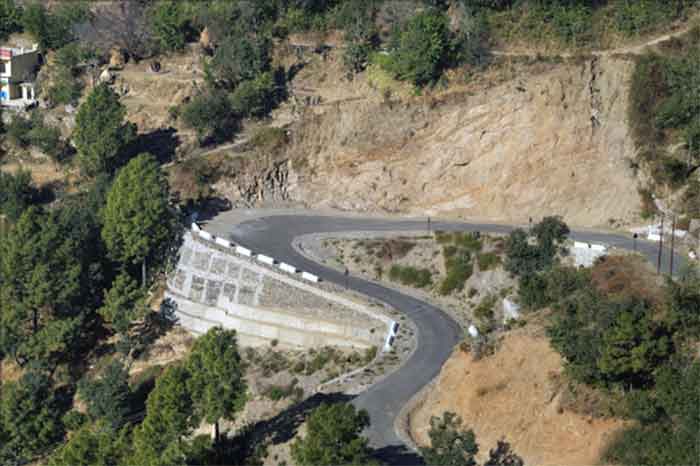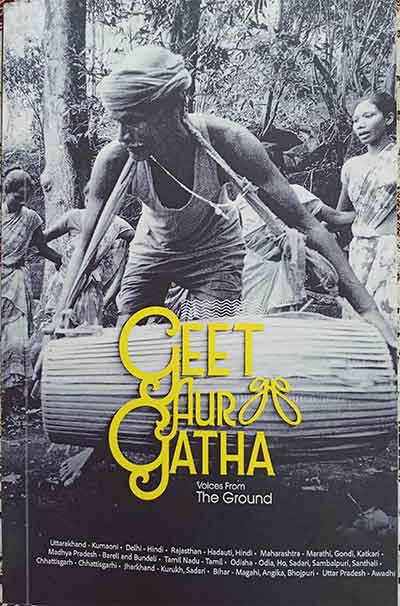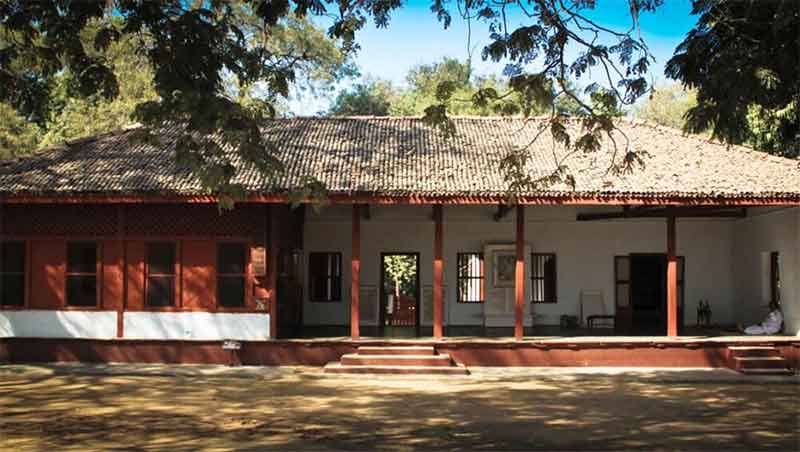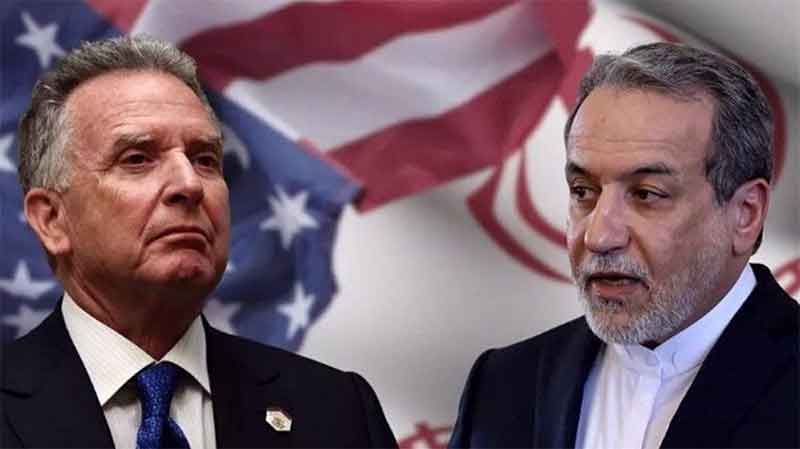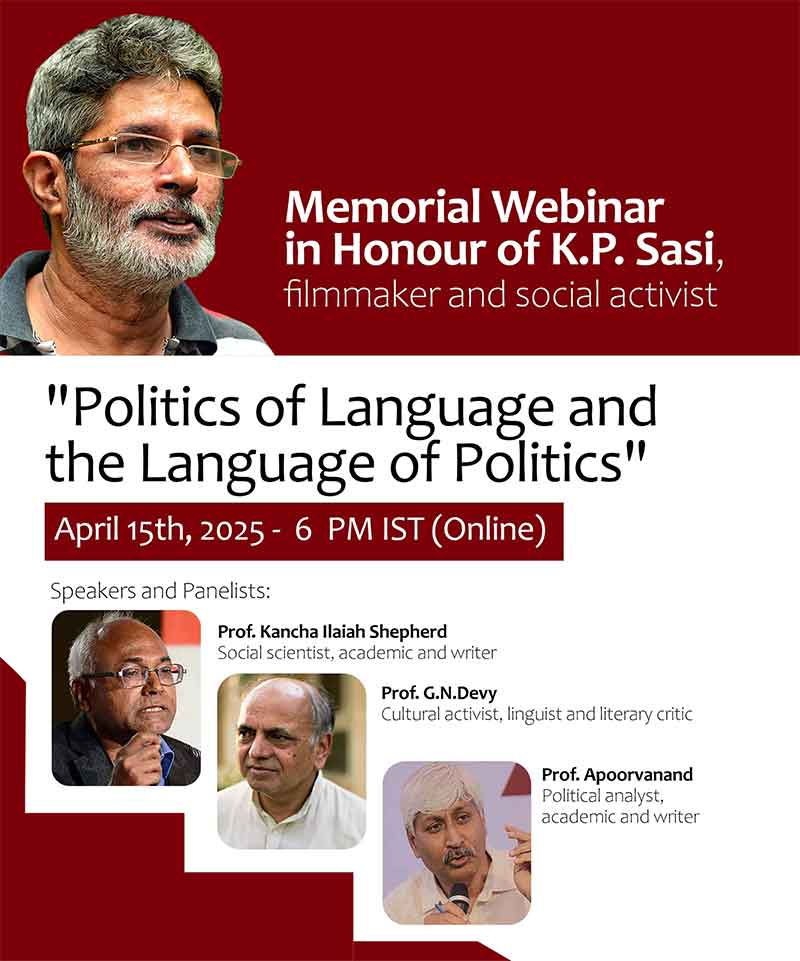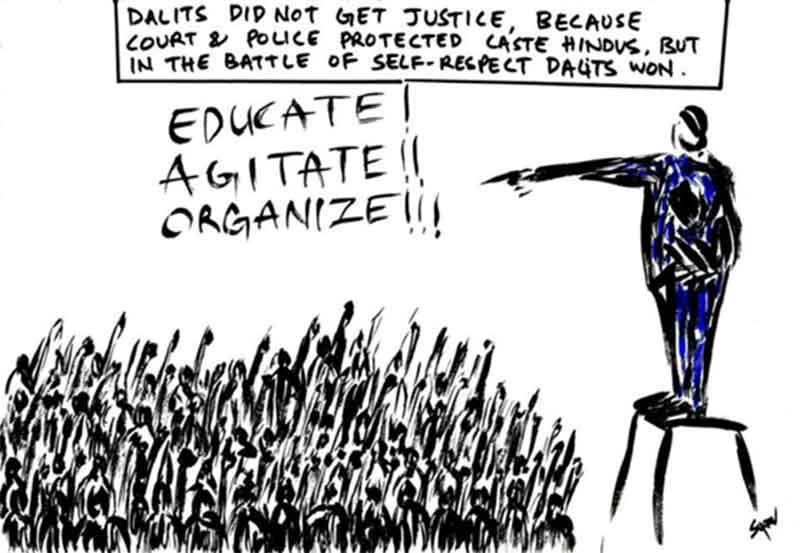
As always, the entire nation is once again preparing to celebrate Dr. Babasaheb Ambedkar’s birth anniversary on April 14. Almost all political parties remember him and interpret his contributions according to their ideologies. However, most of them fail to disseminate or implement Dr. Ambedkar’s true objectives in practice.
Babasaheb gave a powerful mantra: Educate, Organize, and Agitate. This mantra remains essential for the holistic development of humanity and is just as relevant today. If we look at today’s youth, we observe a strange contradiction. Over the past 8–10 years, the growing popularity of social media has increased admiration for Ambedkar among the youth. Many express a desire to follow in his footsteps. However, this trend is also marked by superficiality.
There is a stark difference between considering someone an inspiration and truly walking their path. While most young people claim to draw inspiration from Babasaheb, they do not actually follow his ideology. Yes, there are some youth doing meaningful work, but 90% of them don’t even know what true Ambedkarism is. Babasaheb laid out three simple yet profound principles: Educate, Organize, and Agitate. Today’s youth remember these only by name—they haven’t explored or practiced them deeply.
Education doesn’t just mean acquiring degrees through reservations and securing government jobs. It means lifelong learning—reading books on various subjects, personalities, and events; engaging in reflection and critical thinking; and teaching others. True education, like Babasaheb’s, is about continuous self-development and uplifting society.
Many who secure government jobs soon forget Babasaheb and get engrossed in their jobs, families, and homes. On the other hand, the unemployed often resort to advising others rather than standing on their own feet and contributing to the economy. A large segment of youth appear on social media, portraying themselves as followers of Babasaheb, sharing photos of book exchanges or organizing events on special occasions like Ambedkar Jayanti—largely to showcase themselves.
In the name of organizing, new associations are frequently created. They often criticize each other, damaging unity, and promote themselves on banners alongside great leaders. Instead of uniting, they stand divided. When asked to draft a letter, complaint, or memorandum, they look to each other helplessly—raising questions about their education and understanding of true social service. To serve society, one must first become capable, educated, and knowledgeable. One must learn about constitutional rights and duties, laws, administrative procedures, and social and political processes. Without this, how can one truly engage in social service?
The reality is, most know only how to cut, paste, and share content. They imitate others without understanding the consequences. By not adhering to Ambedkar’s core values, today’s youth are becoming misdirected and taking wrong paths without thoughtful consideration. A section of them wears strange attire and indulges in uncivil behavior—far removed from Babasaheb’s dignified lifestyle, educational depth, multilingualism, and thoughtful approach to work and society.
If today’s youth genuinely wish to follow in Babasaheb’s footsteps, they must begin by attaining quality education, reading his writings, understanding the rights and duties he fought for, and working for the betterment of society. Avoid creating fake revolutions on social media, stop spreading misinformation, and come out from behind your screens. Work on the ground. Behave like cultured citizens. Do work that brings lasting change and sends a genuine message to society—that these are the true followers of Babasaheb.
Political parties often fail to adopt Ambedkar’s ideas in their agendas. This is largely due to the caste-based structure of Indian society, which favors the upper castes and provides them with political advantages. As a result, while Ambedkar Jayanti is celebrated, his ideology and objectives are conveniently sidelined in such ceremonies.
With a right-wing party in power at the center, the caste issue has become even more complex. The BJP’s agenda of establishing a Hindu Rashtra offers no respectable place for Dalits and backward communities in Hinduism. This situation is especially alarming for Scheduled Castes and Scheduled Tribes.
Prime Minister Narendra Modi and the BJP have termed this era the Amrit Kaal as India celebrates 75 years of independence. Coincidentally, this is also the centenary year of the Vaikom movement in Kerala and Tamil Nadu—a movement where Dalits and backward communities fought for their right to walk on roads and enter temples. This movement led to temple access for all castes in Kerala, significantly reducing caste-based violence in the state.
But does this apply to northern, western, or eastern India? The answer is a clear “no.” In northern India, crimes against Dalits are continuously rising. Since 2018, over 1.3 lakh cases have been registered against Dalits. Uttar Pradesh, Bihar, Rajasthan, and Madhya Pradesh top the list. According to the Ministry of Home Affairs, in three years, Uttar Pradesh recorded 36,467 crimes against Scheduled Castes, Bihar 20,973, Rajasthan 18,418, and Madhya Pradesh 16,952. Many crimes go unreported due to threats from influential persons and the police.
Dr. Babasaheb Ambedkar consistently stated in his speeches that casteism will not end until the Chaturvarnya system is abolished. He believed every argument supporting this system was irrational and biased. He argued that the concept of caste was rooted in Hindu scriptures like the Vedas, Puranas, and Smritis, which he saw as central to Hinduism. During the British parliamentary era, he fiercely opposed Hindu religious leaders. In 1956, he embraced Buddhism because he believed the ideology of Hindutva strengthened the caste system.
In his 1936 book Annihilation of Caste, he severely criticized the religious texts and thoughts that justified the oppression of lower castes within Hinduism.
Now reflect—if even today, after 75 years of independence, leaders are hesitant to speak against religious or caste-based discrimination, imagine the immense resistance Ambedkar must have faced during his time. Social justice remains a pressing issue, just as it was during independence. Though reservation in education and employment has provided limited opportunities, neoliberal policies have reduced even that. There are fewer government jobs and no reservation in private sectors. Privatization of higher education has excluded poor, Dalit, and backward students. Even those who enter government institutions face caste discrimination. The mountain of problems looms large, while solutions seem distant.
It is often said that strong organization is needed to counter atrocities against Dalits. This is true—and some Dalit organizations and parties are working toward it. But their critique is often limited to the caste system. They fail to attack the capitalist and feudal structures that nurture casteism. To dismantle these systems, a broader struggle is required.
Vikas Meshram is a journalist


